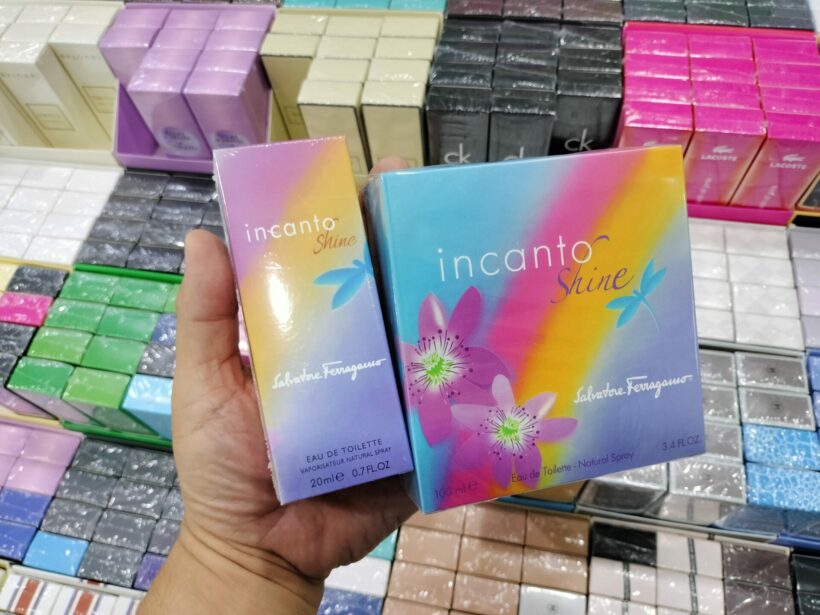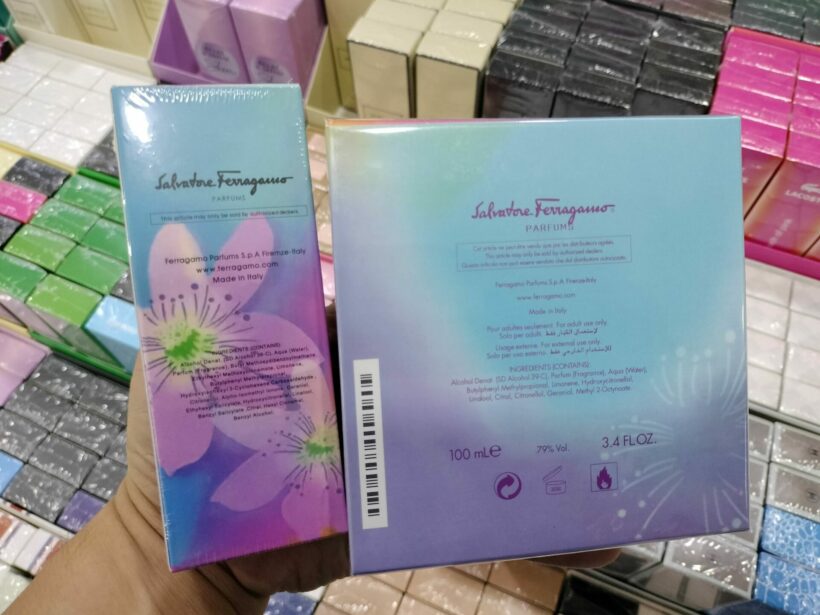Consumers advised not to give perfumes with “reprotoxic” chemical on Mother’s Day
12 May 2024, Quezon City. As Mother’s Day is celebrated, the toxics watchdog group EcoWaste Coalition welcomed the upcoming phase-out deadline for a synthetic fragrance ingredient that can harm the reproductive health of women, as well as men.
Effective November 21, 2024, cosmetics such as perfumes containing 2-(4-tert-butylbenzyl) propionaldehyde or p-BMHCA shall be withdrawn from the market and only compliant products shall be allowed following the grace period of 24 months that commenced in November 2022.
Also known as butylphenyl methylpropional, lilial, lily aldehyde or lysmeral, p-BMHCA is widely used as an ingredient in perfumes and other cosmetics that are popular gift items for Mother’s Day.
The impending phase-out of p-BMHCA is in line with the decision adopted at the 36th Meeting of the ASEAN Cosmetic Committee (ACC) listing p-BMHCA in Annex II of the ASEAN Cosmetic Directive (ACD). Annex II provides an extensive list of substances that are not allowed in the composition of cosmetic products.
A market investigation conducted by the EcoWaste Coalition in February 2023 in Binondo, Manila in time for the Valentine’s Day celebration found 32 fragrances with butylphenyl methylpropional listed as an ingredient.

Unauthorized perfumes with reprotoxic ingredients.
The European Union has classified butylphenyl methylpropional as “reprotoxic” or a chemical that is toxic to reproduction, posing a serious threat to the fertility of both women and men and causing harm to the reproductive process, including fetal development.
Several EU member states have banned, recalled or rejected imports of cosmetic products containing butylphenyl methylpropional. From January to May 2024, for example, several governments in the EU have issued 18 alerts against products containing this banned ingredient, mostly eau de toilette and perfumes.
According to the Safety Gate (the EU’s rapid alert system for dangerous non-food products), “butylphenyl methylpropional may harm the reproductive system, may harm the health of the unborn child and may cause skin sensitization.”
The EcoWaste Coalition will again conduct a market investigation on cosmetic products containing p-BMHCA or butylphenyl methylpropional in December 2024 to check on industry compliance to the phase-out deadline.
Although the ban will only take effect in November 2024, the group advised consumers to be extra cautious when buying perfumes, read the list of ingredients carefully, and avoid those containing p-BMHCA or butylphenyl methylpropional. The group also encouraged consumers to discontinue the use of perfumes and other cosmetics containing this unsafe ingredient, which is already banned in the EU since March 2022.
References:
https://www.fda.gov.ph/wp-content/uploads/2023/04/FDA-Circular-No.2023-007.pdf
https://www.fda.gov.ph/wp-content/uploads/2023/04/Annex-A-36th-ACC-Updates.pdf
https://ec.europa.eu/safety-gate-alerts/screen/search?resetSearch=true










